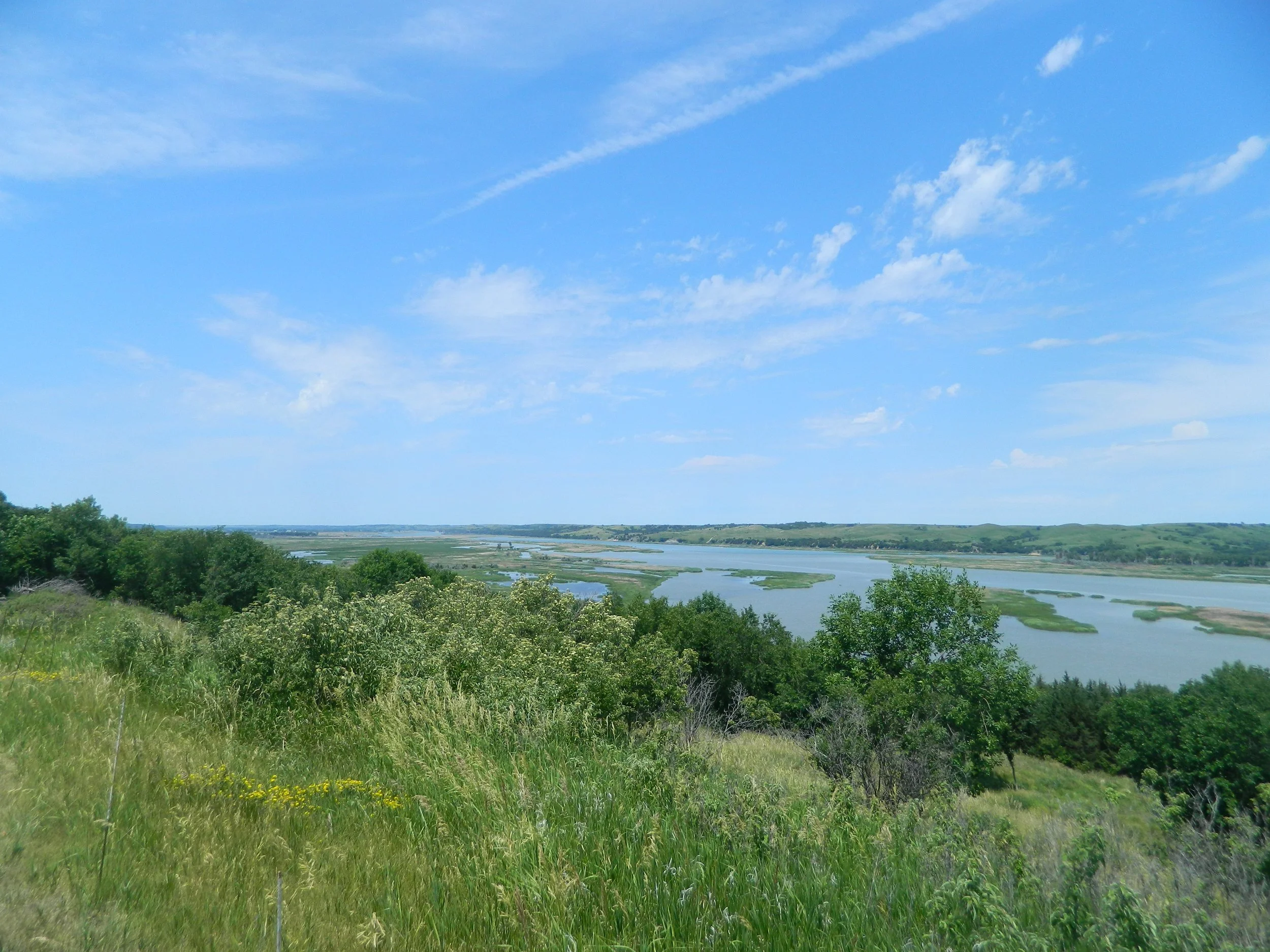
Teaching
Selected Courses Taught
Advanced Projects in Performance Studies
Interpersonal Communication Theory
Introduction to Performance and Social Change
Research Methods
Introduction to the Performance of Culture
Introduction to Performance Studies
Teaching Philosophy
-
Critical Generosity
With a commitment to building an inclusive learning community, I cultivate a collaborative spirit and rigorous mindset in students through “critical generosity”—a philosophy that balances the demands of scholarship with the vulnerabilities and potentiality of cooperation.
Led by practices of critical generosity, I construct classroom environments rooted in curiosity and inquiry-driven exploration to build intentional intellectual communities that embrace theoretical rigor. When students know their contributions are valuable – while still being open to critique from the class – they are likely to engage with additional readings relevant to the classroom experience.
To grapple with popular representations of global warming, for example, I assign a section on science fiction. I have used readings from environmentalists like Jeff VanderMeer and Afro-futurists like Octavia Butler. One student – I hope more – was deeply fascinated by the relationship between technology, environmentalism, speculative fiction, and gender. The student was captivated by how writers use fiction to explore racism, misogyny, homophobia, and transphobia.
They connected this to a recent controversy and, knowing the politically charged nature of the essay, asked the class to read “I Sexually Identify as an Attack Helicopter.” While the short story has become almost emblematic of transphobia, the student discussed how the author imagined a trans-inclusive narrative critical of the military-industrial complex and an ironic critique of transphobic arguments.
The classroom had a detailed conversation about the role of intention and reception and the role of identity in writing. By enabling students to participate in collective decision-making, I create classrooms where the personal and political stakes are clear. Rooting for the success of one’s classmates and encouraging the whole classroom community to learn together moves us beyond the detrimental individual ethos that too much of university – and yes, classroom – life perpetuates.
-
Beyond the "Canon"
I draw course readings from transnational contexts to complement the types of canonical texts students are more familiar with reading. I draw from various textual formats, including poetry and literature, that counter the language of “high” theory without disparaging the potential that creative works can be acts of theory building.
My syllabi layer readings, films, and news reports with discussions of relevant cultural movements and popular aesthetic practices to give theory a sense of rootedness and personal connection. I aim to instill in students an understanding of marginalization and how power operates in their communities.
While discussions of power can often be about a “there” that feels too far removed from some students’ everyday lives, I build content that enables us to address the specifics of how local politics enact social inequality and oppression and how student work can begin to address and potentially undo these forms of inequity.
-
Performance & Praxis
I believe that the classroom is one of the most valuable spaces to enact participatory politics while instilling students with a passion for critical scholarship. Reliant on my training in performance and cultural studies, my pedagogy employs performance as a set of theories, methods, and practices that blend the personal and political in profound ways to develop students’ intellectual mindset in environmental rhetoric/communication and political consciousness for environmental justice. In my view, teaching should be neither rigid nor polemical but rooted in critical practice and care.
My practice of critical generosity strives for students to use their personal and shared experiences to reach new understandings of theory as a toolkit for building worlds – that have built the world(s) they live in and that can be used to build new ones. I use embodied performance practices to help students understand the ways our bodies are implicated in the consequences of theory and empower students to rehearse and inhabit possible worlds. My pedagogical methods, including critical generosity, aim to foster inclusive classrooms that amplify diverse perspectives and adapt to students’ learning needs.
COMM 660: Advanced Projects in Performance Studies
This course was part of bringing my first play, “A Feminist World, 2091" to life. Inspired by my research, the play and this course integrated environmental humanities scholarship alongside performance praxis.
COMM 260: Performance and Social Change
My performance and social change course explores the role of aesthetics and cultural practices as elements in “performing” resistance. This class explored a variety of relevant, contemporary social movements to understand the potential of performance theory and praxis in (re)making our collective social worlds.
COMM 262: Performance and Culture
Performance and Culture engages practices of community building to understand how people relate and connect to one another. In particular, the class engaged with theories of ritual in understanding how we forge contemporary bonds with artistry as one of the center points.